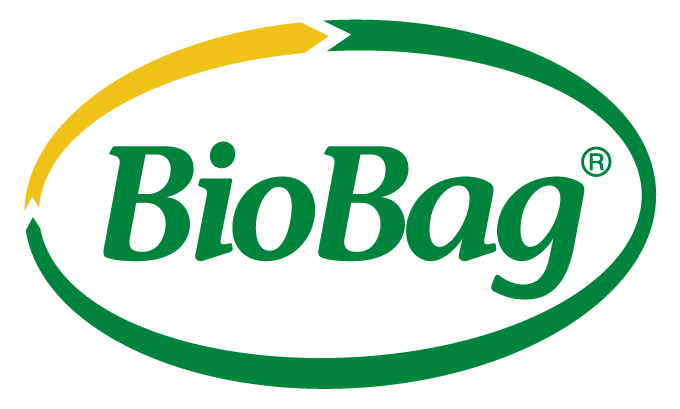Good Scan Job!
Made in San Leandro California.
Find out more about our shoppers here.
Mr. McGuire: I want to say one word to you. Just one word.
Benjamin: Yes, sir.
Mr. McGuire: Are you listening?
Benjamin: Yes, I am.
Mr. McGuire: Plastics.
Benjamin: Exactly how do you mean?
Mr. McGuire: There’s a great future in plastics. Think about it. Will you think about it?
With these famous lines “The Graduate” (1967) foreshadowed the explosive growth of the plastics industry in the 1970’s. A wide array of manufacturers began using this inexpensive and lightweight material, forever changing our lives in many positive and some negative ways. The use of plastics made many durable goods more affordable and longer lasting; unfortunately, disposable goods were made to last much longer as well! Plastic utensils, cups, packaging and bags are convenient, however, they are rarely reused or recycled which increases the already considerable amount of waste going to landfills each day.
Nothing lasts forever…except…perhaps plastic. Consumers and municipalities soon took notice of the proliferation of disposable plastics in their communities. Despite decades of polyethylene (PE) recycling efforts, most communities have achieved PE recycling rates no greater than 2%. In the early 90’s, the plastics industry introduced degradable plastics, which use heavy metals and/or organic additives to cause PE to fragment into little pieces of PE. This seemingly good idea is actually worse for the environment because small pieces of PE can be confused as food by animals, and also can serve as accumulators of toxins in our rivers, lakes, and oceans. To this day, some manufacturers go so far as to call this degrading process “biodegradable”, even though it is illegal to do so in two states (California & Minnesota).
“Reduce, Reuse, and Recycle” has become the mantra to foster change in our disposable society. When it comes to recycling, most of us think of glass bottles, paper and aluminum cans. However, recycling organics, or “composting”, is often overlooked. Organics (food scraps, lawn waste, soiled paper, etc.) comprise 30% or more of the waste sent to most US landfills. By diverting this organic material from our landfills, we can create nutrient rich topsoils for agricultural use, which reduces farmer’s needs for water and petro fertilizers. For example, in California more than 200 vineyards utilize “compost” created from food scraps from the city of San Francisco…who, by the way, has achieved 70+% landfill diversion through recycling and composting and has goals of zero landfill waste by the year 2020.
So where am I going with this?
I want to say two words to you… just two words…are you listening?
Compostable Plastic!
BioBag is the World’s largest brand of certified compostable plastic bags and films. BioBags contain no polyethylene. We strongly support the use of non-GMO (non genetically modified) certified crops and participate in a source offset program with our suppliers. The same microorganisms that eat food scraps and lawn waste can eat our bags. We encourage you to try our wonderful products. Be sure to Follow us, Like us, and Subscribe to us for promotions, contests and discounts!

